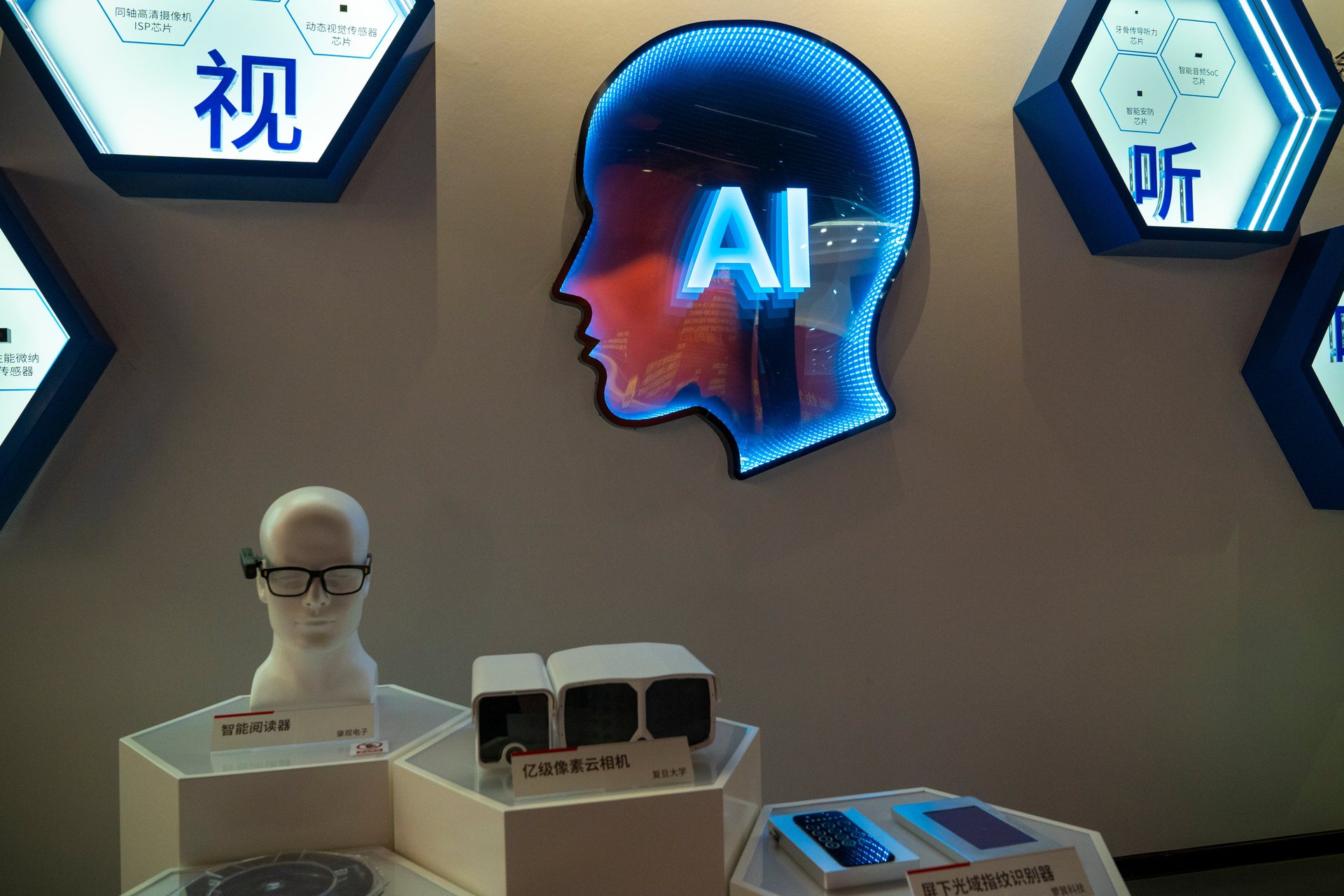More than half of companies already deploy autonomous AI agents, study finds
Another 35% plan to integrate AI agents within two years

Agents are the latest trend in artificial intelligence, with several tech giants claiming they will provide a major boost in productivity for businesses. And it turns out most companies are already sold on the idea.
Suggested Reading
More than half of companies are already using AI agents in their workflows, according to an international survey published by cloud computing company PagerDuty (PD) on Tuesday. The study, which surveyed a thousand IT and business executives, also found that another 35% of companies plan to integrate AI agents by 2027.
Related Content
The trend was most pronounced in the U.K., with 66% saying they already deploy AI agents, while the U.S. trailed at 48%.
AI agents are specialized and fully autonomous AIs that can expedite certain workflows for businesses. They can help schedule shifts, and even make strategic assessments and propose courses of action. And they have been all the rage in tech recently, with major companies working around the clock to roll out their own version of the technology.
Tech giant Amazon (AMZN) on Monday unveiled Nova Act, an early-stage AI agent that can perform tasks on websites for you. OpenAI launched a similar research preview of its AI agent Operator back in January.
And just last month, Meta (META) head of business AI Clara Shih told CNBC that she expects “every business, from the very large to the very small” to be represented by an AI agent soon.
“PagerDuty’s latest survey data illustrates how strongly organizations believe agentic AI will help unlock real value from AI and automation, as 62% of survey respondents anticipate triple-digit ROI,” PagerDuty chief information officer Eric Johnson said in a press release announcing the study.
U.S. companies expect the highest return, worth almost twice the initial investment at 192%, the survey found.
The companies overwhelmingly expect AI agents to expedite or completely automate more than at least a quarter of company workloads. But when it came to comparing the potential of agentic AI capabilities with existing generative AI technology, the business leaders were split. Forty-four percent thought agentic AI would prove to be more disruptive than generative AI, while 40% sided with generative AI. Sixteen percent of respondents said they think the two technologies will have about the same impact.
While both tend to largely rely on large language models, generative AI focuses on creating content like text, images or video in response to human prompts, whereas agentic AI is autonomous and more proactive rather than reactive.
Late last year, Salesforce (CRM) CEO Marc Benioff claimed that we are entering an “agentic era” with autonomous AI agents positioned to disrupt the workplace. But some analysts, like Goldman Sachs head of global equity research Jim Covello, thread a more skeptical approach, arguing that the expensive investments in agentic AI might yield surprisingly modest returns.
More companies have integrated generative AI into their workflows than agentic AI at this point of adoption, according to the survey, with 63% responding that it is now fully integrated and another 24% saying that generative AI is deployed but not yet fully integrated into operations.
The company executives pointed to mistakes with generative AI adoption that they hope to avoid while integrating AI agents. Namely, many think their companies rushed into it without sufficient planning or that they ended up spending too much on the technology.
Agentic AI’s potential is not all peachy either. Many respondents to the survey were worried about the very real risks of adopting the technology. Among the chief concerns was security. The more a company tasks agentic AI systems to interact with sensitive company data, the more that data is vulnerable to security breaches and AI-targeted cyber attacks.
Business executives were also worried about evolving AI regulation and privacy laws that might endanger company operations in the future, bad data inputs that could lead to worse output quality, and AI hallucinations — factually incorrect or nonsensical outputs that continue to plague AI as the technology continues to evolve.
